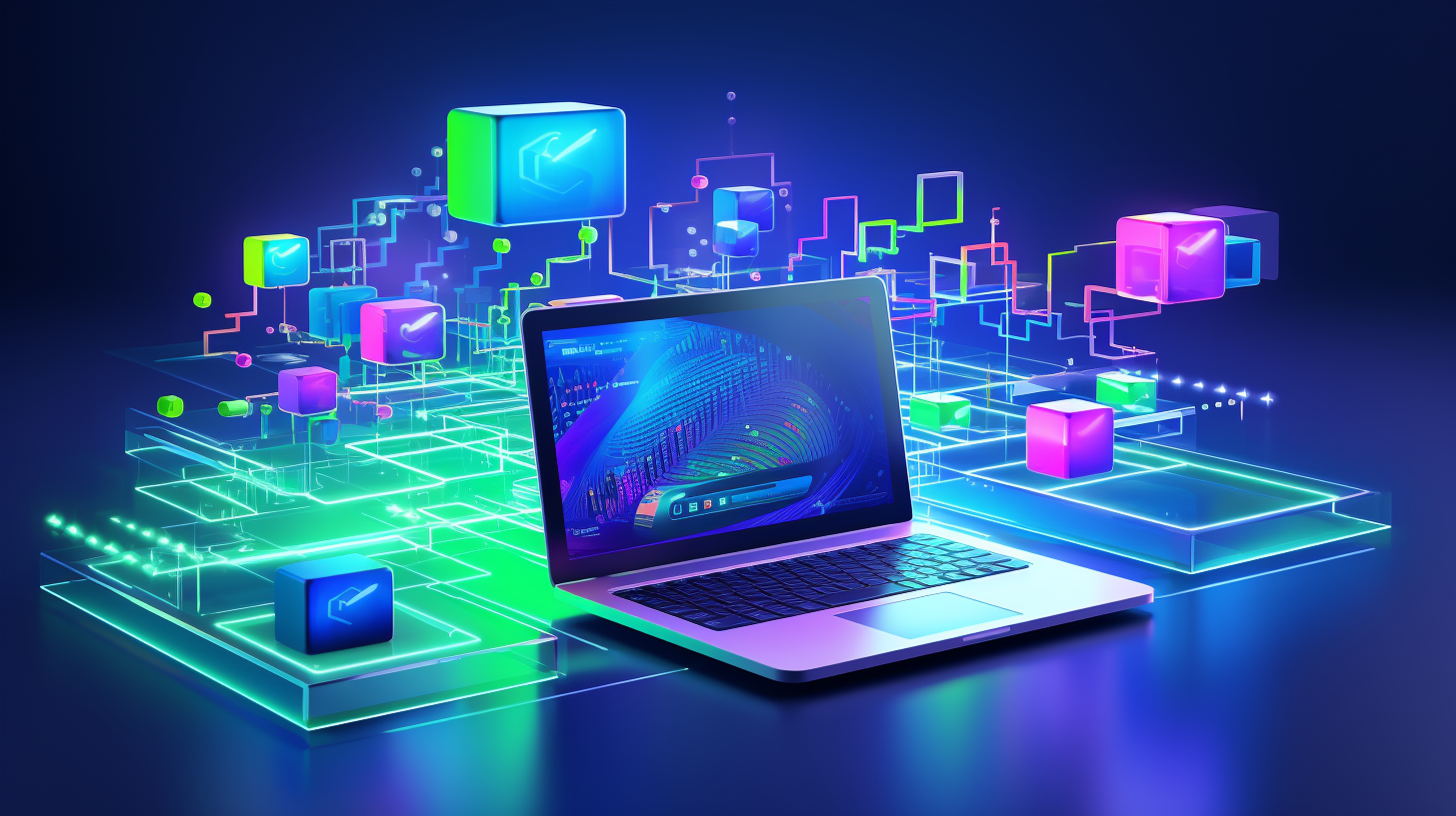In the intricate tapestry of the digital age, Programming emerges as the universal language that empowers machines shapes software, and orchestrates the very fabric of our technological landscape. This article delves into the essence of Programming, unraveling its fundamental concepts, the role it plays in transforming ideas into executable code, and the profound impact it has on driving innovation in the ever-evolving world of technology.
The Foundation of Digital Alchemy:
Programming, also known as coding or software development, is the process of instructing computers to perform specific tasks through the creation of executable code. At its core, programming is the art and science of translating human logic into a language comprehensible to machines, enabling them to execute a wide array of functions and applications.
Programming Languages: The Building Blocks of Code:
Central to the world of programming is programming languages, each designed to serve distinct purposes and cater to specific applications. From low-level languages like Assembly to high-level languages like Python, Java, and JavaScript, these languages provide the syntax and semantics through which developers communicate instructions to computers.
Problem-Solving and Algorithmic Thinking:
Programming is, fundamentally, about problem-solving. It requires a structured and logical approach to breaking down complex problems into smaller, manageable components. Algorithmic thinking, a key skill in programming, involves devising step-by-step procedures or algorithms to solve problems efficiently, reflecting the inherent problem-solving nature of the discipline.
Diversity in Programming Paradigms:
The world of programming is diverse, encompassing various programming paradigms such as procedural, object-oriented, and functional programming. Each paradigm offers a unique approach to organizing and structuring code, providing developers with flexibility in choosing the most suitable method for a given task.
Software Development Life Cycle (SDLC):
Programming is an integral part of the Software Development Life Cycle (SDLC), a systematic process that guides the creation, deployment, and maintenance of software. SDLC comprises stages such as planning, design, coding, testing, and maintenance, with programming serving as the linchpin that brings conceptualized ideas to life through the creation of functional software.
Versatility and Ubiquity:
Programming is not confined to a specific industry or application; its reach is virtually boundless. From web development and mobile applications to artificial intelligence, data science, and embedded systems, the versatility of programming empowers developers to contribute to a wide spectrum of fields, shaping innovations that impact our daily lives.
Continuous Learning and Adaptation:
Given the rapid pace of technological evolution, programming demands a commitment to continuous learning and adaptation. Programming languages, frameworks, and methodologies evolve, and staying relevant requires developers to embrace a growth mindset, explore emerging technologies, and engage in a community of practice to share knowledge and insights.
Empowering Technological Innovation:
Programming is the engine that propels technological innovation forward. It fuels the development of new software, drives automation and efficiency, and underpins emerging technologies such as machine learning, blockchain, and the Internet of Things (IoT). The ability to code is a gateway to creating solutions that address the challenges and opportunities of the digital era.
Conclusion:
As we embark on this exploration of Programming, it becomes clear that this discipline is not merely about writing lines of code; it is about mastering the language that unlocks the potential of machines and transforms abstract ideas into functional reality. Join us on this journey through the digital realm, and discover how Programming, as the foundational force of the technological landscape, continues to shape our present and define the innovative future that lies at the intersection of human ingenuity and computational power.

